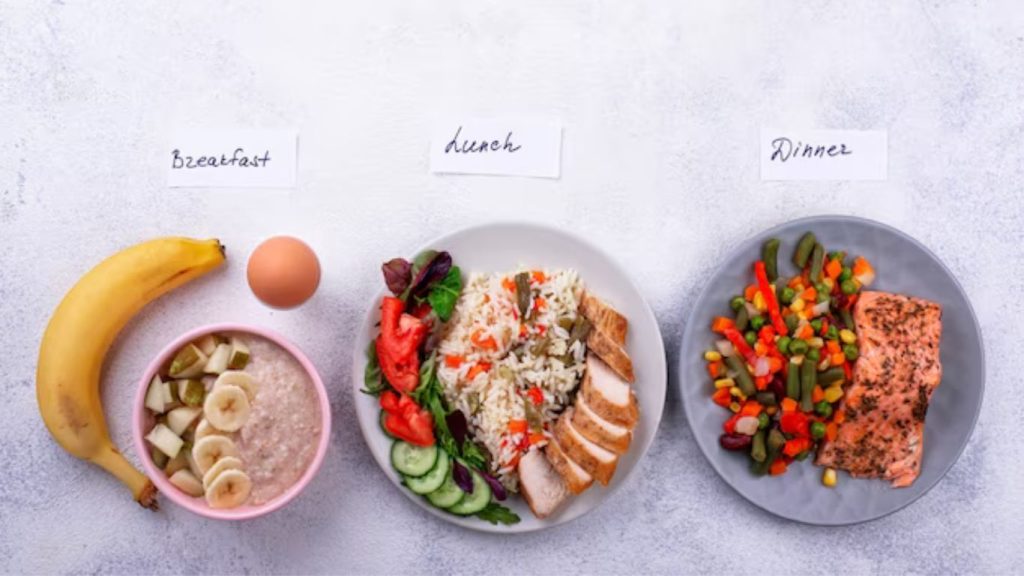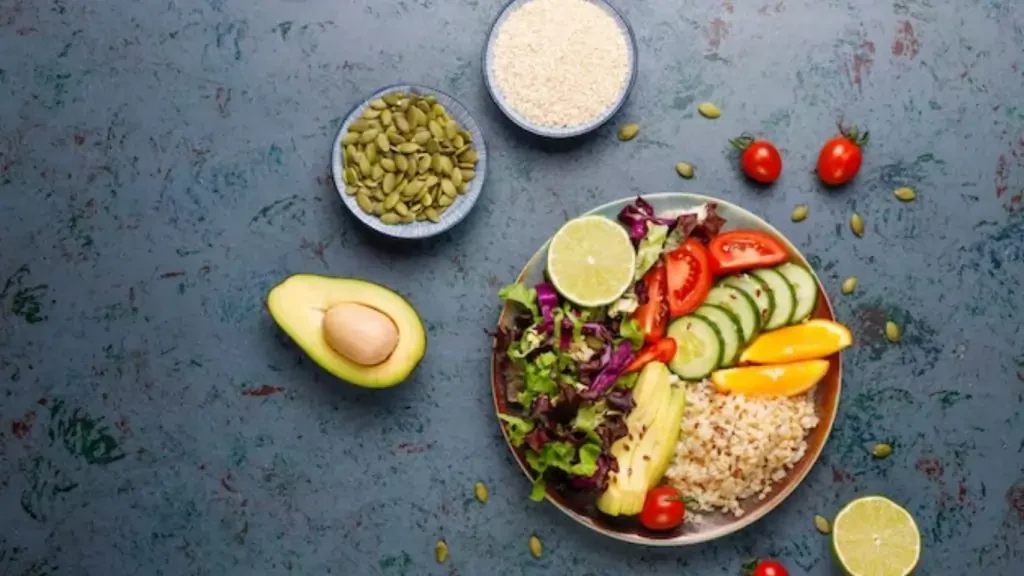The ketogenic diet, often referred to as the keto diet, has gained immense popularity for its potential to help with weight loss and improve metabolic health. However, one common concern among those following the keto diet is how to ensure an adequate intake of fiber, as the diet is typically low in carbohydrates, which are a primary source of dietary fiber. In this comprehensive guide, we will explore the importance of fiber, the challenges of getting enough fiber on a keto diet, and practical strategies to maintain a healthy fiber intake while staying in ketosis.

The Importance of Fiber
Before delving into the specifics of fiber on a keto diet, let’s understand why fiber is crucial for overall health:
Digestive Health: Fiber plays a vital role in maintaining regular bowel movements and preventing constipation.
It can help alleviate symptoms of irritable bowel syndrome (IBS) and other digestive disorders.
Blood Sugar Regulation: Soluble fiber can slow the absorption of sugar, helping to stabilize blood sugar levels and reduce the risk of type 2 diabetes.
Heart Health: A high-fiber diet can lower cholesterol levels, reducing the risk of heart disease.
It helps maintain healthy blood pressure by promoting the dilation of blood vessels.
Weight Management: Fiber-rich foods are typically lower in calories and provide a feeling of fullness, which can aid in weight management and reducing calorie intake.
Gut Microbiota: Fiber serves as a prebiotic, nourishing beneficial gut bacteria, which can positively impact overall health and immunity.
The Challenge of Fiber on a Keto Diet The keto diet is characterized by a significant reduction in carbohydrate intake and an increase in fat consumption, typically leading to a state of ketosis, where the body uses fat for fuel instead of carbohydrates. While the keto diet can offer various health benefits, including weight loss and improved insulin sensitivity, it can be challenging to obtain enough fiber for optimal health due to its limited carb allowance.
Key Challenges: Low Carb Intake: Keto restricts carbohydrate intake to a range of 20-50 grams per day, making it difficult to consume fiber-rich foods like grains, legumes, and some fruits.
Limitation on Fruits and Vegetables: Many fruits and starchy vegetables are high in carbs and not keto-friendly in large quantities.
Reduced Whole Grains: Traditional sources of dietary fiber, such as whole grains and cereals, are typically excluded on the keto diet.
Risk of Constipation: Insufficient fiber intake can lead to digestive discomfort, including constipation, which is a common concern for keto dieters.
Read Also : Best Keto Ice Creams

Strategies for Getting Enough Fiber on a Keto Diet
While the keto diet presents challenges when it comes to fiber intake, it is still possible to maintain a healthy fiber balance while staying in ketosis. Here are practical strategies to help you get enough fiber on a keto diet:
Choose Low-Carb, High-Fiber Vegetables:
Prioritize non-starchy vegetables like spinach, kale, broccoli, cauliflower, and zucchini.
These vegetables are rich in fiber while being low in net carbs, making them keto-friendly.
Incorporate Avocados:
Avocados are an excellent source of both healthy fats and fiber.
They can be added to salads, made into guacamole, or eaten as a snack.
Include Nuts and Seeds:
Nuts and seeds, such as almonds, chia seeds, and flaxseeds, are fiber-rich and can be included in your diet in moderation.
Be mindful of portion sizes, as they are calorie-dense.
Use Psyllium Husk:
Psyllium husk is a soluble fiber supplement that can be added to recipes or mixed with water to create a fiber-rich drink.
It can help alleviate constipation and boost overall fiber intake.
Explore Berries:
Some berries, like blackberries and raspberries, are relatively low in carbs and can be enjoyed in moderation on a keto diet.
They provide both flavor and fiber.
Consume Non-Starchy Fermented Vegetables:
Foods like sauerkraut and kimchi are not only low in carbs but also provide gut-friendly fiber due to their fermentation process.
Opt for Coconut and Almond Flour:
When baking keto-friendly recipes, use coconut flour and almond flour as alternatives to traditional wheat flour. These flours are lower in carbs and contain fiber.
Prioritize Whole Foods:
Whole foods are often higher in fiber than processed foods. Choose unprocessed, natural foods whenever possible.
Track Your Fiber Intake:
Use a nutrition tracking app to monitor your daily fiber consumption and ensure you’re meeting your goals.

Conclusion
Getting enough fiber on a keto diet is essential for maintaining overall health, supporting digestive function, and preventing constipation. By incorporating low-carb, high-fiber foods into your diet and using strategies like psyllium husk supplementation. You can strike a balance between the benefits of ketosis and fiber-rich nutrition. Remember that individual fiber needs vary. So it’s crucial to find an approach that aligns with your specific dietary preferences and health goals.
Frequently Ask Questions
Yes, it is possible to meet your fiber needs on a keto diet by prioritizing. Low-carb, high-fiber vegetables, avocados, nuts, seeds, and other keto-friendly sources of fiber.
While individual needs vary, a general recommendation is to aim for at least 25-30 grams of fiber per day. Some individuals may require more depending on their activity level and health goals.
Excessive fiber intake can lead to digestive discomfort, including bloating and gas. It’s essential to find a balance that works for your body.
Yes, fiber supplements like psyllium husk can be a helpful. Addition to a keto diet to ensure adequate fiber intake and alleviate constipation.
Many keto dieters track net carbs, which deduct fiber from the total carbohydrate count. This approach focuses on the carbohydrates that impact blood sugar levels, making it easier to stay in ketosis.

[…] Read Also : How to Get Enough Fiber on a Keto Diet ? […]
[…] Read Also : How to Get Enough Fiber on a Keto Diet ? […]